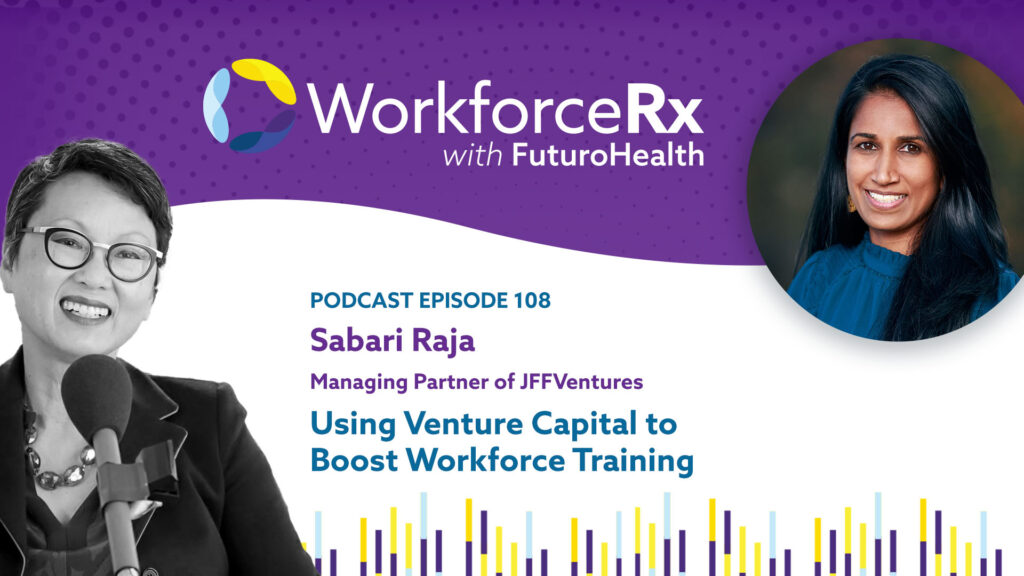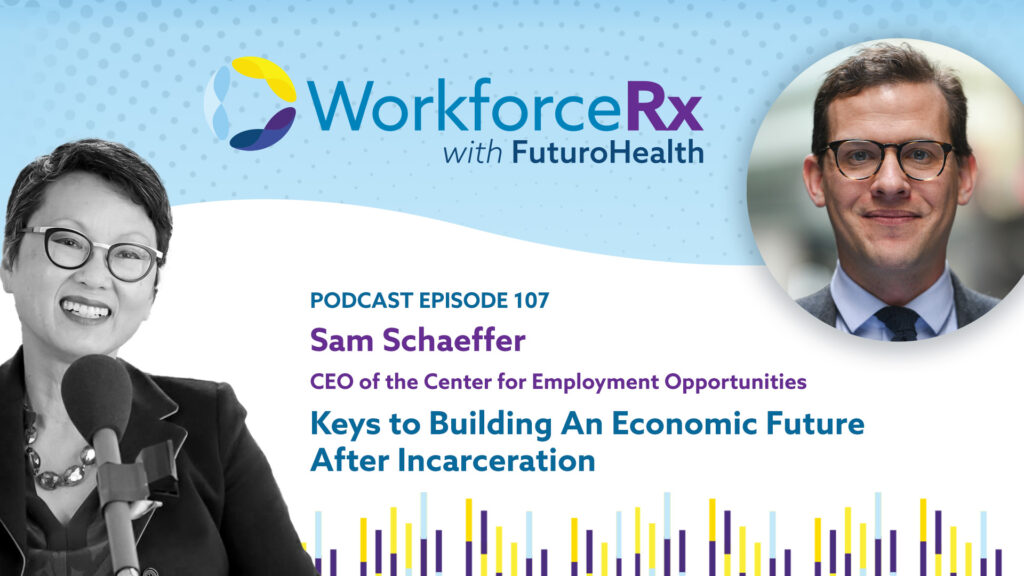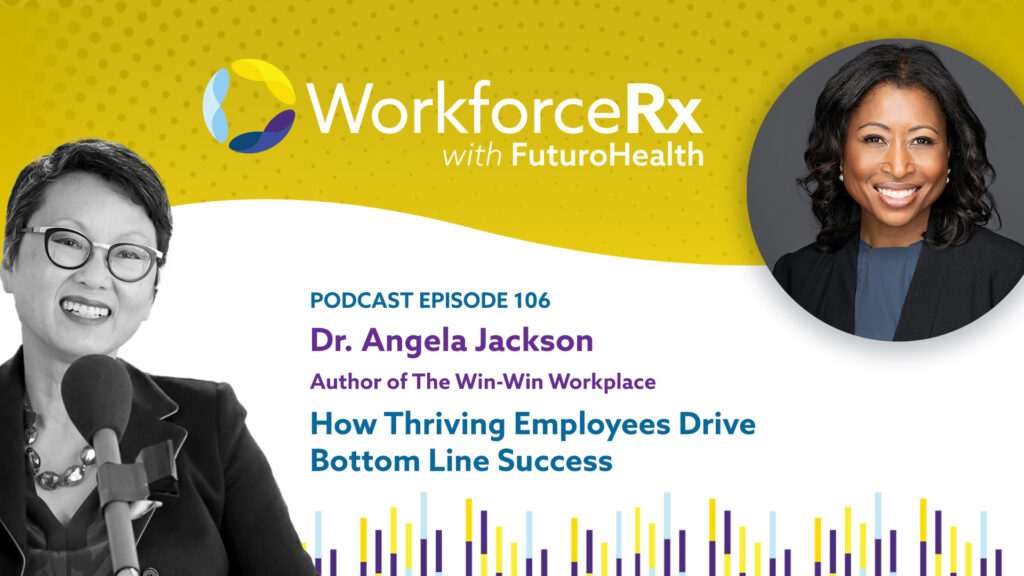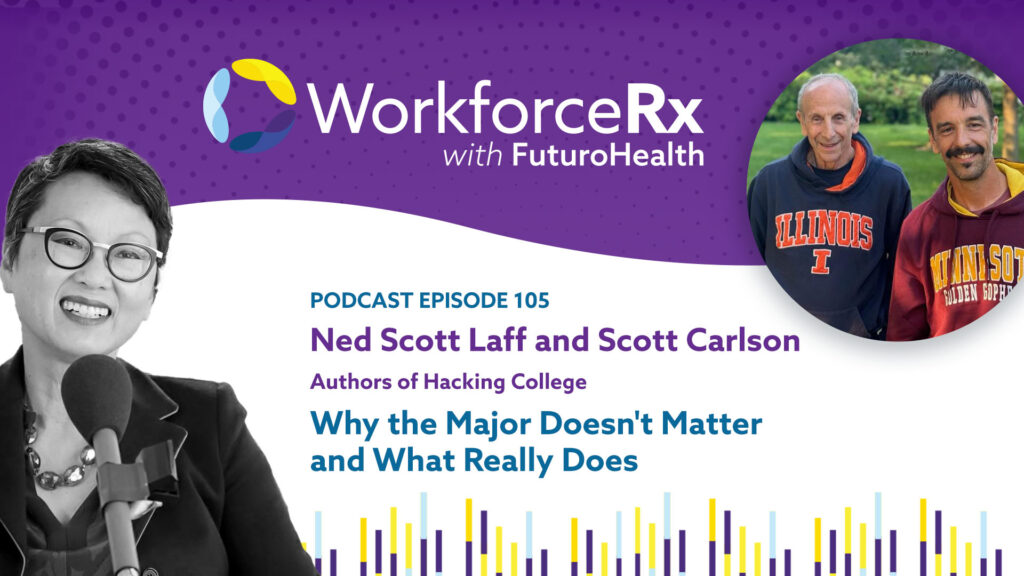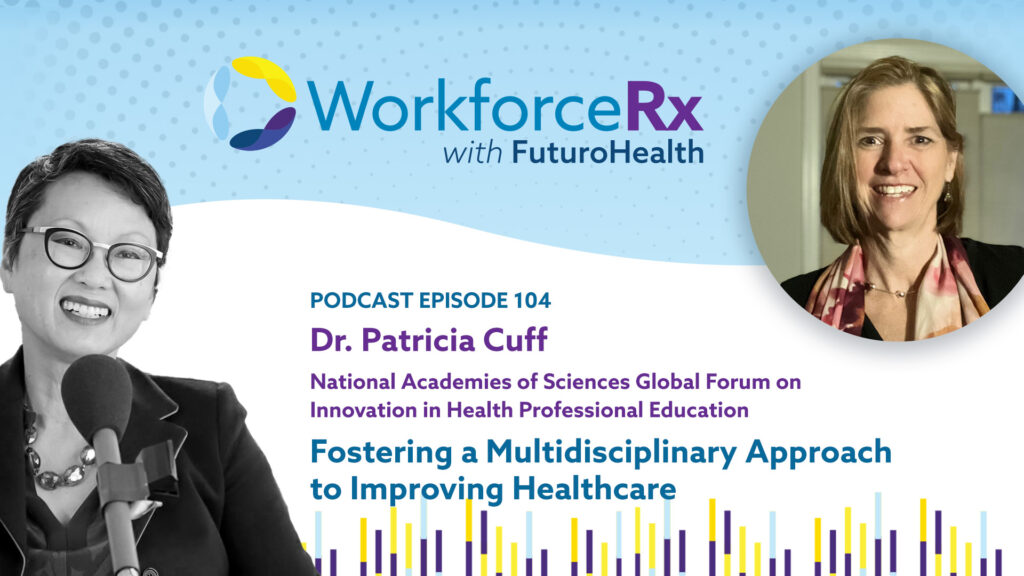Newsroom
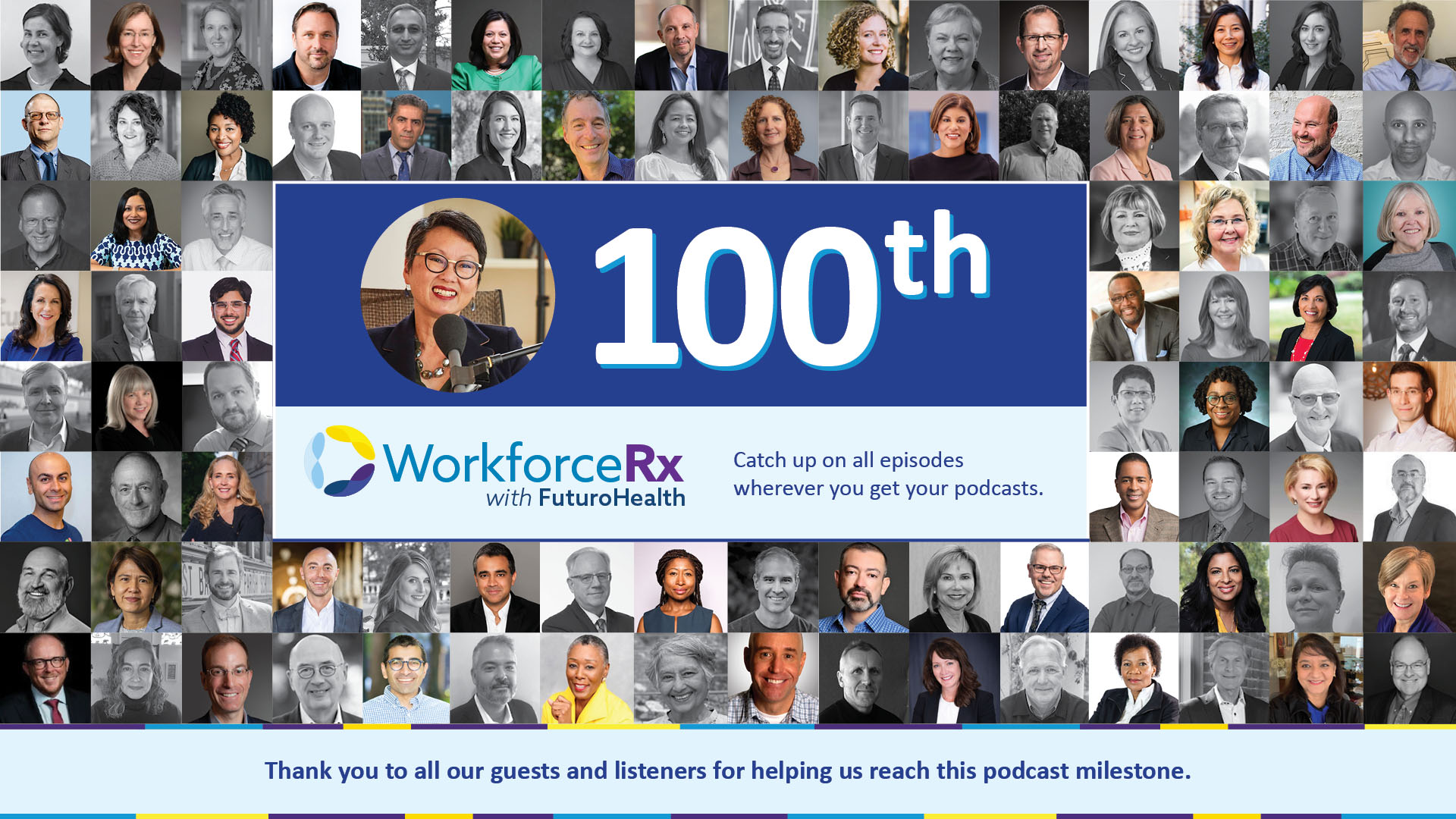
WorkforceRx
PODCAST
Social Feed

Take advantage of Futuro Health`s tuition free scholarships in programs geared towards growing the largest network of allied healthcare workers in the nation!
The Certified Nurse Assistant (CNA) is an important job because it is the only entry-level job in nursing care. Most of the time, CNAs work in hospitals, nursing homes, and residential care facilities. Their job is to provide basic care to people who are very sick, recovering, or elderly. As part of their many responsibilities, they help patients with basic tasks like eating, bathing, and getting dressed. They also offer support and company during treatments, walks, and social events. In addition to providing direct care, CNAs are very important for keeping an eye on and maintaining patients’ health by regularly checking and writing down vital signs like temperature, blood pressure, weight, pulse, and breathing. A big part of their job is to tell the professional nursing staff right away if a patient’s condition changes. This makes sure that the nursing staff can respond quickly and effectively to changing healthcare needs. In addition to helping patients with their care, CNAs also help them get to different treatments, exams, and social events by either walking with them or transporting them in wheelchairs. A CNA’s job doesn’t just involve taking care of patients; they may also have to do administrative work like showing visitors where to go, answering the phone, and helping to keep medical equipment clean and in order. In a sense, CNAs are the backbone of the healthcare system. They provide care and support that is essential for a wide range of patient needs.
Enroll now with a Tuition-free scholarship! Please note, limited enrollment spots are available, to find out more about the Certified Nurse Assistant (CNA) Program please visit programs & courses link in bio!
#futurohealthscholar #futurohealth

Take advantage of Futuro Health`s tuition free scholarships in programs geared towards growing the largest network of allied healthcare workers in the nation!
The Certified Nurse Assistant (CNA) is an important job because it is the only entry-level job in nursing care. Most of the time, CNAs work in hospitals, nursing homes, and residential care facilities. Their job is to provide basic care to people who are very sick, recovering, or elderly. As part of their many responsibilities, they help patients with basic tasks like eating, bathing, and getting dressed. They also offer support and company during treatments, walks, and social events. In addition to providing direct care, CNAs are very important for keeping an eye on and maintaining patients’ health by regularly checking and writing down vital signs like temperature, blood pressure, weight, pulse, and breathing. A big part of their job is to tell the professional nursing staff right away if a patient’s condition changes. This makes sure that the nursing staff can respond quickly and effectively to changing healthcare needs. In addition to helping patients with their care, CNAs also help them get to different treatments, exams, and social events by either walking with them or transporting them in wheelchairs. A CNA’s job doesn’t just involve taking care of patients; they may also have to do administrative work like showing visitors where to go, answering the phone, and helping to keep medical equipment clean and in order. In a sense, CNAs are the backbone of the healthcare system. They provide care and support that is essential for a wide range of patient needs.
Enroll now with a Tuition-free scholarship! Please note, limited enrollment spots are available, to find out more about the Certified Nurse Assistant (CNA) Program please visit programs & courses link in bio!
#futurohealthscholar #futurohealth
…

We make learning easy and affordable for you! As an adult student balancing life’s responsibilities and school, our team supports Scholars throughout their educational journey by helping them enroll in programs and providing the tools and resources needed for success. futurohealth.org
#futurohealth #healthcare #career
… See MoreSee Less
- likes 3
- Comments: 0
- Shares: 1
0 CommentsComment on Facebook
Keep up with the latest news from Futuro Health by subscribing to our eConnection.

